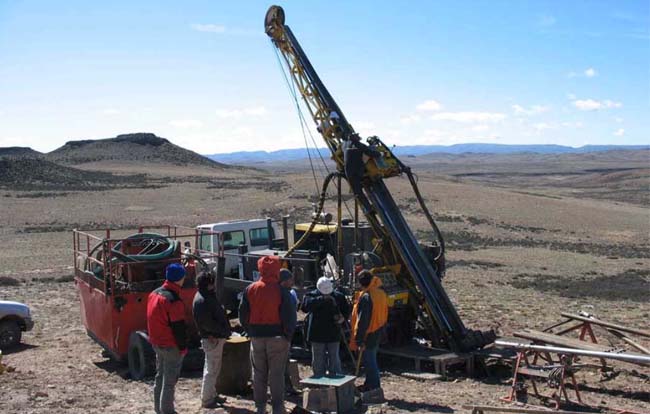Looking for equitable share of resource revenue in traditional territories
An equitable share of resource revenue generated from traditional territories should be coming back to the First Nations.
Anishinabek citizens and Nipissing-Timiskaming federal candidates discussed the topics of resource revenue sharing and the need to implement United Nations Declaration on the Rights of Indigenous Peoples (UNDRIP) at the Oct. 5 Nbisiing Secondary School School event. In attendance were Nicole Peletier, Green Party, Kathleen Jodouin, NDP and Anthony Rota, Liberal.
Anishinabek participants voiced serious concerns about their inability to participate on an equitable basis in the resource revenue generated from the extraction of resources from their traditional territories. It is common knowledge that approximately 60% of this province’s resources are located in traditional territories yet participants expressed great frustration from no share of these benefits and only receiving $4.00 a year from treaty payments which has remained unchanged since the 1870’s.
They emphasized that they had the fasting growing young population, the highest levels of unemployment, the highest level of prison occupancy and deserved an equitable share of resource revenue extracted from their traditional lands.
Anishinabek Nation Deputy Grand Council Chief Glen Hare pointed out that he recently assumed the senior First Nation position on the Anishinabek-Ontario Resource Management Council. He said he was determined to assert Anishinabek rights and improve Anishinabek conditions in the area of natural resource management.
Each candidate was questioned on the subject of providing an equitable share of resource revenue to First Nations.
Jodouin stressed that it is unfortunate that First Nations were never perceived by the federal government as being critical participants in Canada’s economic development. She promised to implement the NDP Aboriginal platform and emphasized that “meaningful consultation is a vital part of economic development for First Nations and that the NDP would make First Nation issues a high priority and set up a special Cabinet Committee to address Aboriginal issues.” She emphasized that “economic development here should focus on mining and forestry, that there is a serious need to upgrade Anishinabek infrastructure and that FedNor should be given agency status.”
Peletier committed that the Green Party would “start to address and implement the AFN Closing the Gap Report.” She emphasized the need to take care of the widening social gap between First Nations and other Canadians.
Rota committed to implementing all 94 recommendations of the Truth and Reconciliation Report.
“All Canadians are part of the treaty and that the way we can get there is by talking with each other, sharing resources and work with and acknowledge the First Nation entitlement to their lands,” said Rota. He undertook to bring back the Kelowna Accord and its cooperative development process. He concluded his remarks by bringing back First Nation training programs and extending them into perpetuity.
The Anishinabek discussion then focused on the need to recognize and implement UNDRIP. Moderator Maurice Switzer pointed out that UNDRIP requires free, prior and informed consent from First Nations in resource development projects and regretted that Canada did not adhere to these provisions. He also mentioned the 2014 Supreme Court of Canada Tsilhqot’in decision which ruled that First Nations must be meaningfully consulted and consent to resource development projects on their traditional lands. He asked each candidate to speak on this issue.
The NDP and Green candidates committed to “absolutely implementing UNDRIP”.
Rota stated that definitely First Nations must be meaningfully consulted and that UNDRIP needs to be implemented.


